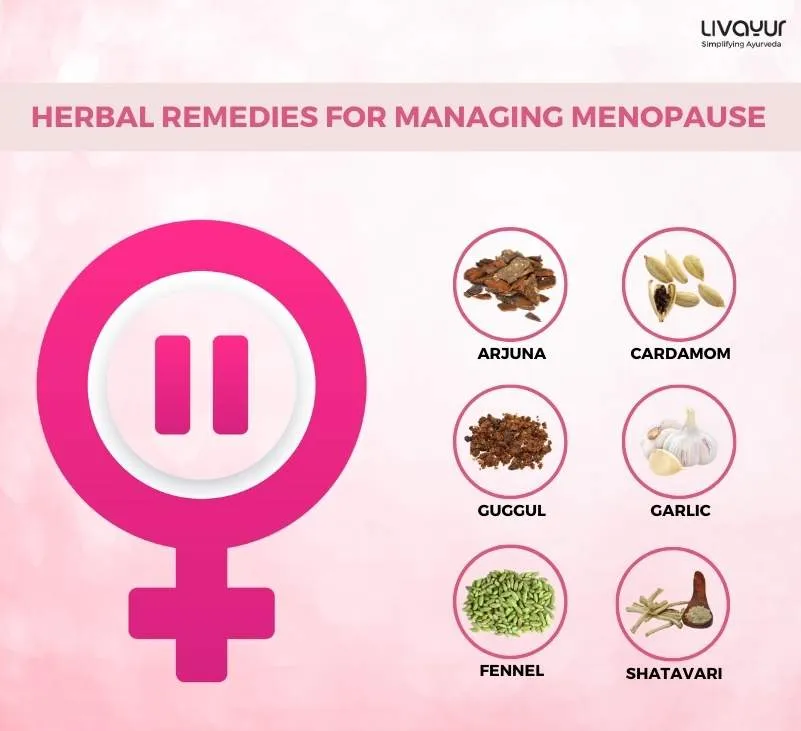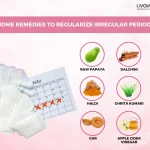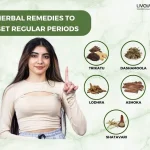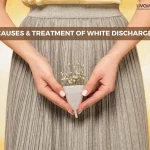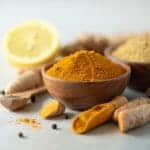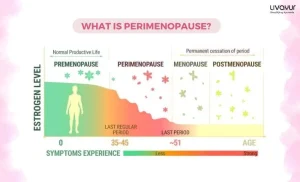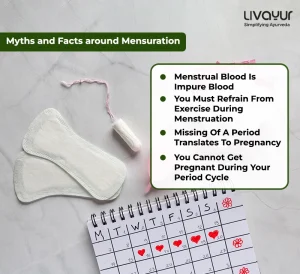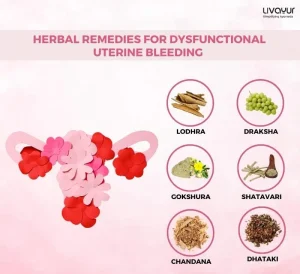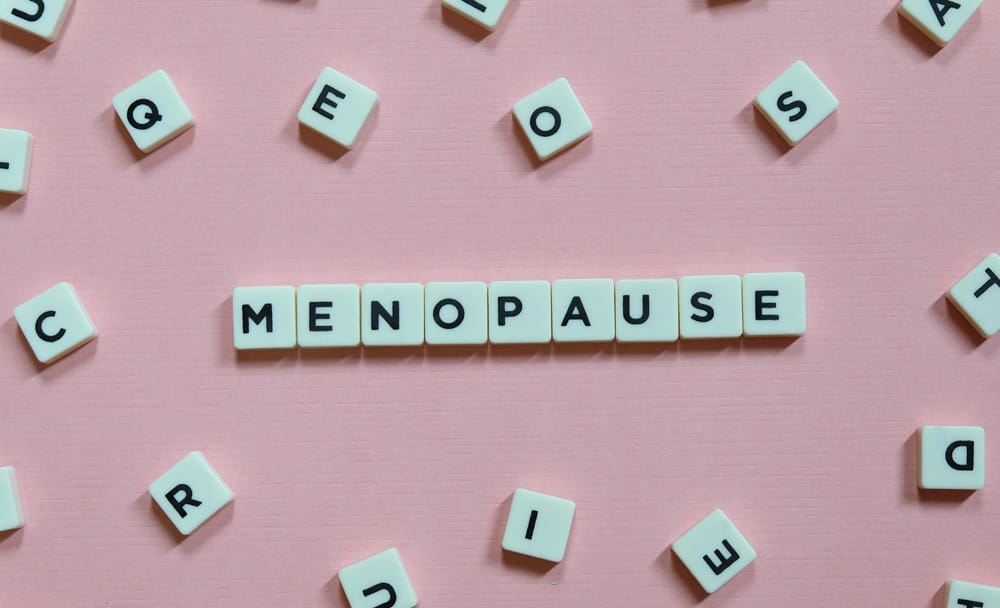
Menopause is the natural cessation of the menstrual cycle in women, which usually occurs between the ages of 45-55. At menopause, the ovaries stop producing eggs and the levels of progesterone and estrogen decrease. Due to the changes in reproductive hormones in the body, many women during menopause suffer physical, mental and emotional discomforts. Ayurveda offers many herbal remedies to alleviate this distress and assist women in smoothly transitioning through menopause.
Symptoms Of Menopause
Menopause gives rise to many symptoms. However, not all women experience the same symptoms and the same degree of discomfort.
Some of the common symptoms of menopause include hot flashes, weight gain, low cardiac activity, loss of sexual drive or libido, vaginal dryness, joint ache, urinary incontinence, night sweats, dry skin, heart palpitations, migraines and breast tenderness.
The fluctuating levels of reproductive hormones during menopause can also cause mood swings, fatigue, anxiety, depression and insomnia in women.
Menopause: An Ayurvedic View
Ayurveda defines menopausal syndrome as Rajonivrutti, a transition period when menstrual cycles in women stop for a continuous term of 12 months and never occur henceforth. It is characterised by an aggravation of Vata Dosha, leading to an imbalance of all three Doshas in the body.
According to Ayurveda, menopause is a natural phenomenon that is totally manageable. The symptoms of menopause can be prevented or treated using dietary regulations, lifestyle changes and herbal remedies.
Diet Tips By Ayurveda For Menopause
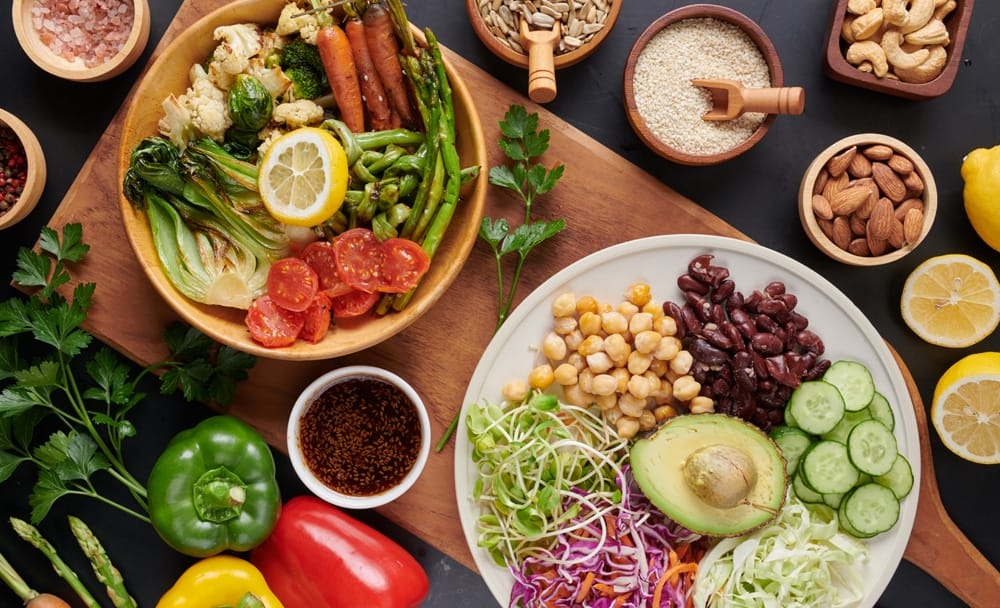
- Eat a Vata-Pitta pacifying diet, which includes warm, light, cooked, fresh and unctuous food cooked with mild spices such as cumin, turmeric, fennel, coriander and asafoetida.
- Avoid eating dry, cold and fermented foods.
- Certain food items may further imbalance the Doshas, such as red meat, refined sugar, alcohol and caffeine. So, try to avoid these foods.
- Take a teaspoon of grated ginger and mix it with lime and a pinch of salt. Eat this mixture before taking your meals to support your Agni or digestive fire.
- Drink CCF tea made from cumin, coriander and fennel seeds to boost digestion and balance your Doshas.
Lifestyle Changes Recommended By Ayurveda For Menopause
Practice Abhyanga
Massage your body daily with warm oil. This process is known as Abhyanga in Ayurveda and helps calm Vata Dosha and the nervous system.
Develop A Regular Routine
Create a regular routine of your sleep, food, work, exercise and family time. It will help calm down Vata Dosha.
Practice Yoga And Pranayama
Practice Yoga, Pranayama and meditation every day to calm your nervous system, reduce stress and manage menopausal symptoms.
Some of the best Yoga Asanas for menopause are Suryanamaskar (Sun Salutation), Tadasana (Mountain Pose), Katichakrasana (Standing Spinal Twist), Vajrasana (Diamond Pose), Ustrasana (Camel Pose), Sarvangasana (Shoulder Stand), Setu Bandhasana (Bridge Pose), Baddha Konasana (Butterfly Pose), Pavanamuktasana (Wind-Relieving Pose), Merudandasana (Spinal Column Pose) and Chakki Chalanasana (Mill Churning Pose).
You should also practice Pranayama, particularly Bhramari Pranayama (Humming Bee Breathing), Nadi Shodhana (Alternate Nostril Breathing) and Sheetali Pranayama (Cooling Breath) during menopause.
Ayurvedic Herbs For Effectively Dealing With Menopause
Arjuna
A decrease in oestrogen levels increases the risk of cardiac ailments. Arjuna helps boost heart functions and regulate blood pressure levels in women, thereby improving your heart health.
Cardamom
Cardamom helps to elevate the mood and boost mental activities and brain functions. It also helps to improve memory and concentration while soothing depression.
Fennel
Fennel seeds not only help to pacify Vata Dosha but also cool down the body, control sweating and regulate body temperature during menopause.
Guggul
Guggul helps shed excess weight that women often gain due to varying hormonal levels during menopause.
Garlic
Due to decreased levels of oestrogen in the body, women become more prone to getting arthritis, osteoporosis and other joint ailments during menopause. Garlic possesses potent anti-inflammatory properties that help improve bone and muscle health.
Shatavari
Commonly known as a women’s health tonic, Shatavari helps treat many menopausal symptoms, such as vaginal discharge, night sweats, anxiety, hot flashes, mood swings, etc.
Can Panchakarma Help Deal With Menopause?
Panchakarma is an Ayurvedic therapy that helps to remove toxins from the body and treat menopausal symptoms. Usually, a Panchakarma for menopause involves Virechana (medicated purgation) to calm down Pitta Dosha, Basti (medicated enema) to pacify Vata Dosha, Nasya (medical nasal oil) to calm the nervous system, and Shirodhara (pouring of herbal oil on the forehead) to balance the mind.
In Summary
Many women suffer health problems during menopause. Ayurvedic diet and lifestyle tips play a key role in balancing hormones during the premenopause and menopause stage. The herbal remedies offered by Ayurveda further help eradicate these problems and help women smoothly transition through menopause. Women who go through severe menopausal symptoms may also take the help of Panchakarma therapy to balance their Doshas and manage menopause effectively.




